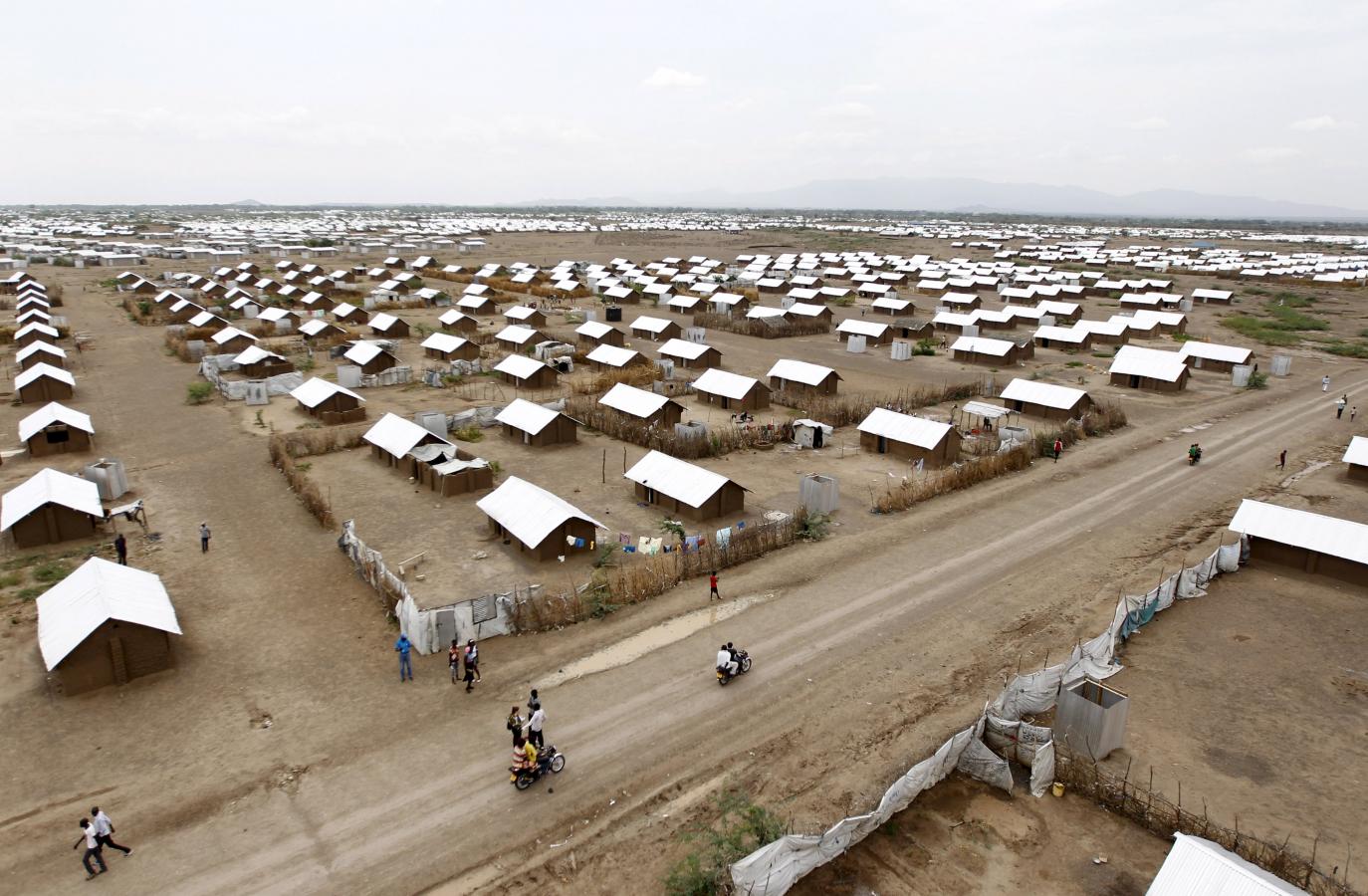Fleeing Kakuma refugees complain insecurity, lack of basic needs at the camp

The 3,054 individuals comprising men, women and children had fled the camp on June 20 this year after the conflict between the two communities escalated at the camp forcing them to leave in large numbers.
A group of Ethiopian Anuak refugees who were returned to Kakuma Refugee Camp by the government after fleeing the facility following a series of violent attacks by the Sudanese Nuer community have expressed fears over their safety and challenges in accessing basic commodities.
The 3,054 individuals comprising men, women and children had fled the camp on June 20 this year after the conflict between the two communities escalated at the camp forcing them to leave in large numbers.
More To Read
- Kenya’s refugee population hits 860,000 as State pushes integration plan
- UNHCR warns of deepening humanitarian crisis in Darfur, Kordofan
- Refugee group raises alarm over lending traps facing displaced families
- UN welcomes aid supply talks with Sudan army
- Libya rescues 49 Sudanese migrants off western coast
- Over 30 million people in Sudan in need of humanitarian assistance: UN agencies
So dire was the conflict that on June 26, the camp manager Edwin Chabari in charge of the Kakuma and Kalobeyei settlement restricted movement in the two camps between 7 pm and 6 am to curb chaos and killings.
"The immediate aftermath of this violence saw terrified and traumatised women and children travelling hundreds of kilometres from Kakuma camp to Ruiru, Kiambu, in a desperate search for safety and security," Nyikaw Ochalla, the Director of Anywaa Survival Organisation said in a statement.
The group of 762 households boarded public transport and hired other means until they got to Ruiru where they were accommodated at a church for days until the government intervened and returned them to the camp on Monday.
The lack of protection and basic needs left them in a dire state and created a humanitarian crisis at the church compound triggering action by the government to have them return to the camp.
Government officials aware of the situation said multiagency peace teams have since been set up in Kakuma where further sufficient mitigations have been established to cushion them against further threats.
Nyikaw, however, insisted that the decision to have the group moved back to Kakuma was arrived at "despite initial positive discussions to provide alternative settlement sites."
"The situation further deteriorated on Sunday, July 7, 2024, when the community was informed of the decision to return them to the Kakuma refugee camp. As night fell, an estimated 300 uniformed security personnel arrived at a church compound, their temporary shelter. This unfurling scene of panic and fear among the exhausted and suffering refugees-who were already grappling with food shortages and exposure to the cold, rain season weather was unsettling," he said of the arrival of the police that saw the first batches return to Kakuma.
While the organisation claimed the actions represented a blatant disregard for International obligations and urged the government to halt the forced return to the camp, Kenyan officials on the other hand maintain there's a need for refugees and asylum seekers to respect the rules of the land and use the correct channels to air their grievances.
On Friday last week, Commissioner for Refugee Affairs John Mburu said the government was linking up with humanitarian partners to ensure their immediate needs are met.
"The Directorate of Refugee Services (DRS) and Sub County security teams swiftly moved in to restore calm. Subsequently, together with UNHCR and other partners, we held peace restoration meetings with the affected refugee communities, culminating in a peace agreement that allows for the reintegration of refugees back into the camp," the commissioner added in a statement.
Top Stories Today











































